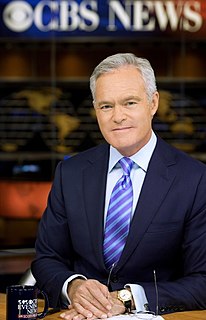A Quote by Rick Bragg
People who think there is something pedestrian about journalism are just ignorant.
Quote Topics
Related Quotes
This is a very proud moment for journalism. I think The New York Times and The Washington Post are genuine champions in this moment. The role that they are playing in democracy is the role that you hear about journalism playing in civics classes. Other people are doing great work, but the Times and the Post have really been leaders. The public is watching, and they are hungry. They know something is wrong, there's a lot of anxiety out there. There's a real sense that the mission of journalism is very clear.
Las Vegas suggests that the thirst for places, for cities and gardens and wilderness, is unslaked, that people will still seek out the experience of wandering about in the open air to examine the architecture, the spectacles, and the stuff for sale, will still hanker after surprises and strangers. That the city as a whole is one of the most pedestrian-unfriendly places in the world suggests something of the problems to be faced, but that its attraction is a pedestrian oasis suggests the possibility of recovering the spaces in which walking is viable.
A lot of people involved with celebrity journalism have interesting ideas about the people they want to write about going into the interview. Then as soon as they actually sit down with that person, they basically ask the questions they think journalists are supposed to ask, and they start viewing themselves almost as a peer of the subject. Like they're going to become friends. That's why most celebrity journalism is so terrible.


































